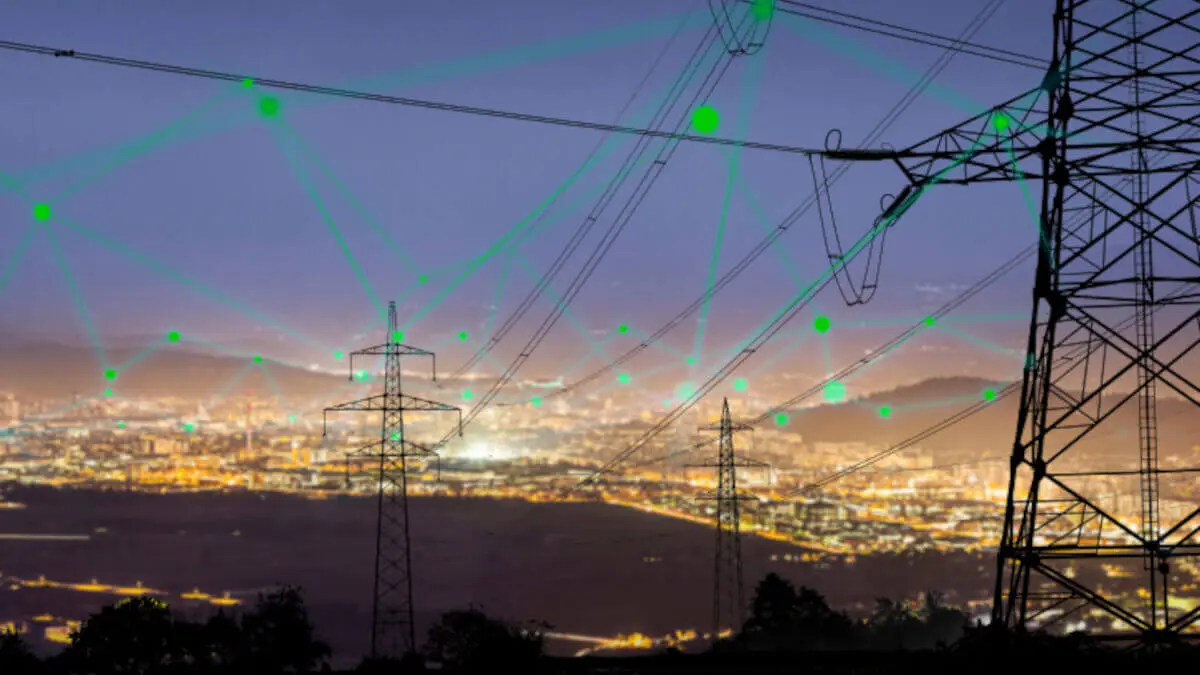Energy transition is key to Europe's competitiveness

The energy transition, essential for Europe's competitiveness, requires stable regulatory frameworks, strong investments in grids and must harness the potential of digital transformation and Artificial Intelligence (AI). These were the main conclusions of several senior Iberdrola executives present at this year's Enlit Congress, held in Milan (Italy) between 22 and 24 October.
Enlit is a high-level energy forum that connects industries with the common goal of advancing the decarbonisation and digitalisation of the European energy system. In a panel on sustainability and competitiveness, Ana Lafuente, Iberdrola's Global Networks Director, argued that the best way to promote the industrialisation of Europe is electrification, which requires a significant increase in network investment. Lafuente added that such investment is key to the stability and reliability of supply, enabling the integration of renewable energies and ensuring that electricity reaches all customers efficiently and safely.
So much so that in March 2024 Iberdrola announced investments worth 41 billion euros in the period 2024-2026, of which 21.5 billion will be allocated to smart grids, to boost the electrification of the economy in the face of new uses of energy demand.
Álvaro Ryan, Director of Regulation at i-DE, Iberdrola's distribution company in Spain, explained that regulatory certainty is essential to relaunch the energy transition, along with the elimination of barriers such as limits on investment and excessive permissiveness, as well as the promotion of forward-looking investments. In a panel discussion on regulation, Ryan pointed out that regulatory frameworks must also adapt to new types of investment, particularly in the digital and innovation fields.
On digitisation and smart grids, Marta Solaz, head of enterprise information security at i-DE, stressed the importance of providing excellent service to customers and delivering on Net Zero commitments. However, risks, in particular cyber threats, should not be underestimated. A complex and more digitised network increases the attack surface. Utilities must prioritise the security of their processes, including the supply chain (a potential backdoor for cyber-attacks), using control mechanisms that reduce risk and protect their critical infrastructure and the service provided to their customers.
The next Enlit conference will be held in Bilbao, Spain, and will be hosted by Iberdrola.










